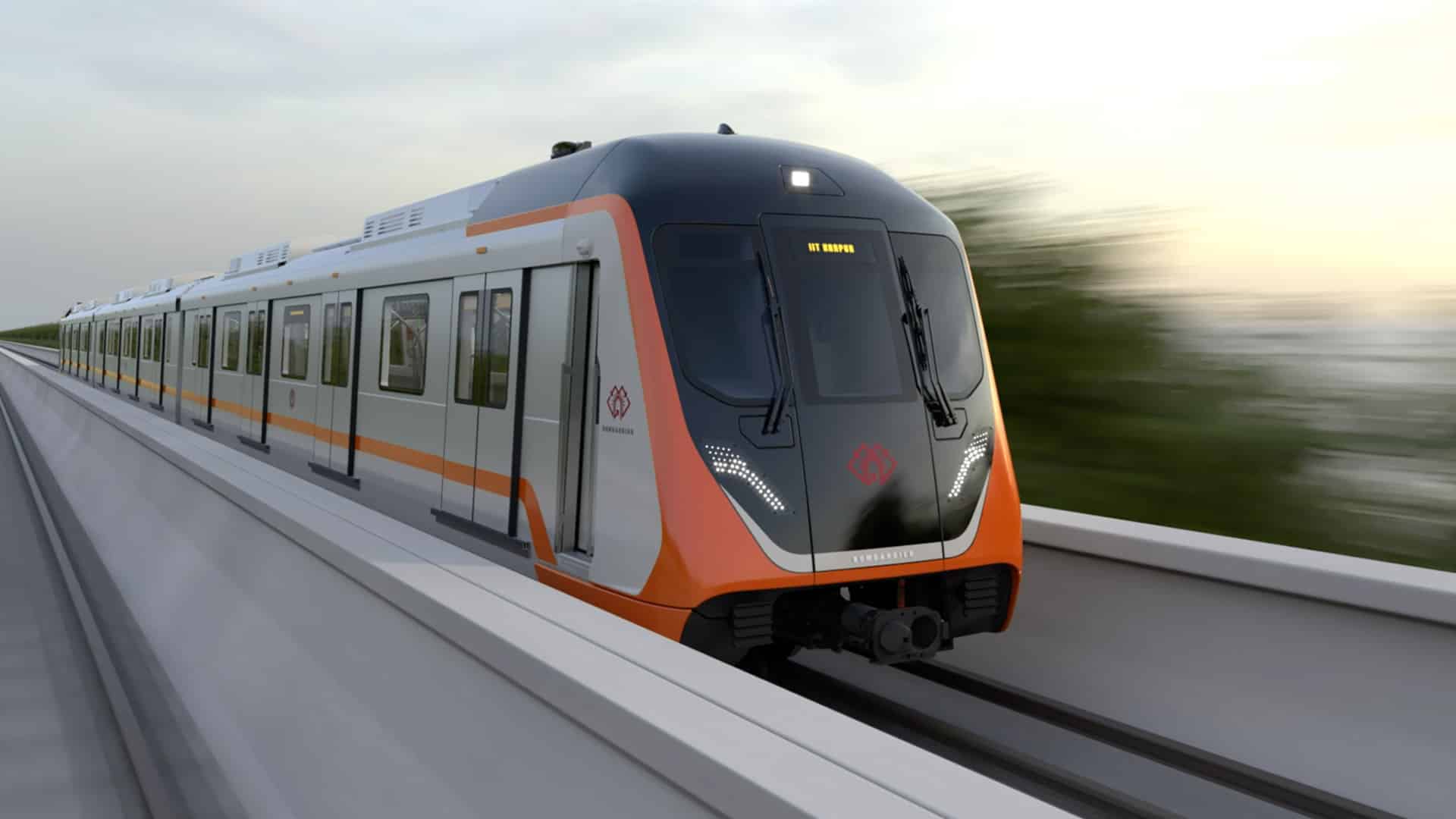Pune Metro has taken a significant step forward in its urban mobility expansion with the commissioning of 12 additional trainsets, awarded to the consortium led by Titagarh Rail Systems and Titagarh Firema S.p.A., under a contract worth ₹430.53 crore. The move is aligned with the upcoming Phase II extension of the Aqua Line, reinforcing the metro network’s capacity in anticipation of rising ridership across Pune’s rapidly growing transit corridors.
This latest order is issued under Clause A.6 of the original 2018 procurement contract (P1/RS-01/2018), allowing for incremental procurement to meet emerging demands. The addendum demonstrates strategic foresight by the Maharashtra Metro Rail Corporation Ltd (Maha-Metro), which is executing the Pune Metro project, as it prepares to scale up its services in tandem with infrastructure expansion. The newly sanctioned trainsets will follow a full lifecycle development cycle—from design and manufacturing to testing, commissioning, and crew training—over a 30-month execution window. This timeline is designed to synchronise with the broader civil works of Phase II, recently approved by the Union Cabinet. The extension of the Aqua Line spans 12.75 km and includes 13 new stations, with a project cost estimated at ₹3,626.24 crore.
With the corridor set to enhance connectivity from Vanaz to Chandani Chowk and from Ramwadi to Wagholi, the 12 additional trainsets are expected to ease peak-hour congestion and support modal shift from private vehicles to clean, high-capacity public transport. According to urban planners, such systemic augmentation is vital for reducing the carbon footprint of cities like Pune, while simultaneously encouraging walkability and multimodal access through integrated transport hubs. The significance of this development also lies in its alignment with India’s ‘Make in India’ initiative. Titagarh Rail Systems, a domestic manufacturer, continues to expand its portfolio in urban mobility by delivering rolling stock for metro and EMU systems. The company had earlier supplied 102 aluminium coaches to Pune Metro under the initial phase of the same contract. Market analysts noted a modest 2% uptick in Titagarh’s stock prices following the announcement, reflecting investor confidence in the sector’s growth trajectory.
Infrastructure experts underscore the importance of synchronising fleet expansion with station readiness and operational planning. Efficient metro systems depend not just on physical infrastructure, but also on finely tuned scheduling, trained manpower, and robust maintenance logistics. The move to secure additional trainsets before the completion of Phase II suggests prudent project management aimed at mitigating future service lags. Beyond procurement, attention is now turning to associated support systems—including maintenance depots, stabling yards, and signalling upgrades. Experts argue that these backend facilities must be developed in parallel to avoid service disruptions post-launch. As more metro lines go live, such auxiliary infrastructure becomes essential for safety, reliability, and long-term efficiency.
Passenger expectations, too, are rising. Feedback from existing Aqua Line users has highlighted the importance of frequency, punctuality, and accessibility. With over 3 lakh expected daily riders by 2057, as per the detailed project report, the 12 new trainsets are a proactive investment toward accommodating future demand without compromising commuter experience. The timing of the order is also seen as favourable in light of broader transit-oriented development (TOD) goals. The Phase II extension seeks to connect dense residential zones, educational institutions, and IT hubs along Paud Road and Nagar Road—areas that are presently underserved by mass transit. Metro connectivity in these corridors is expected to reduce dependence on personal vehicles and increase property values, while promoting vertical, sustainable growth.
The investment of ₹430 crore into rolling stock reaffirms Maharashtra’s commitment to eco-friendly and equitable urbanisation. For citizens, the development signifies a tangible shift toward cleaner air, safer roads, and less time spent in traffic. For planners and policymakers, it offers an opportunity to showcase Pune as a model for second-tier Indian cities balancing development with climate responsibility. Yet, success hinges on execution. Coordination between trainset manufacturing and civil construction deadlines must remain tight. Any slippage in delivery schedules or certification processes could stall network activation. Moreover, skilled human resources for train operation, signalling, and customer service will be critical to ensure that increased capacity translates into improved service quality. As Phase II construction picks up pace, there is also growing emphasis on last-mile connectivity. City authorities are considering improved feeder bus services, pedestrian access to stations, and bicycle infrastructure to complement the metro’s reach. These efforts are expected to be integral to achieving the desired modal shift and sustaining the metro’s relevance in Pune’s evolving transport ecosystem.
The announcement of this additional rolling stock contract sends a strong message to Pune’s residents: their city is investing in smarter, greener infrastructure to meet the future head-on. While much remains to be done, the metro’s expansion is a decisive move in favour of sustainable mobility, economic productivity, and inclusive urban growth.
Also Read:Chennai Metro Straightens Koyambedu Stretch as Station Plan Gets Cancelled


